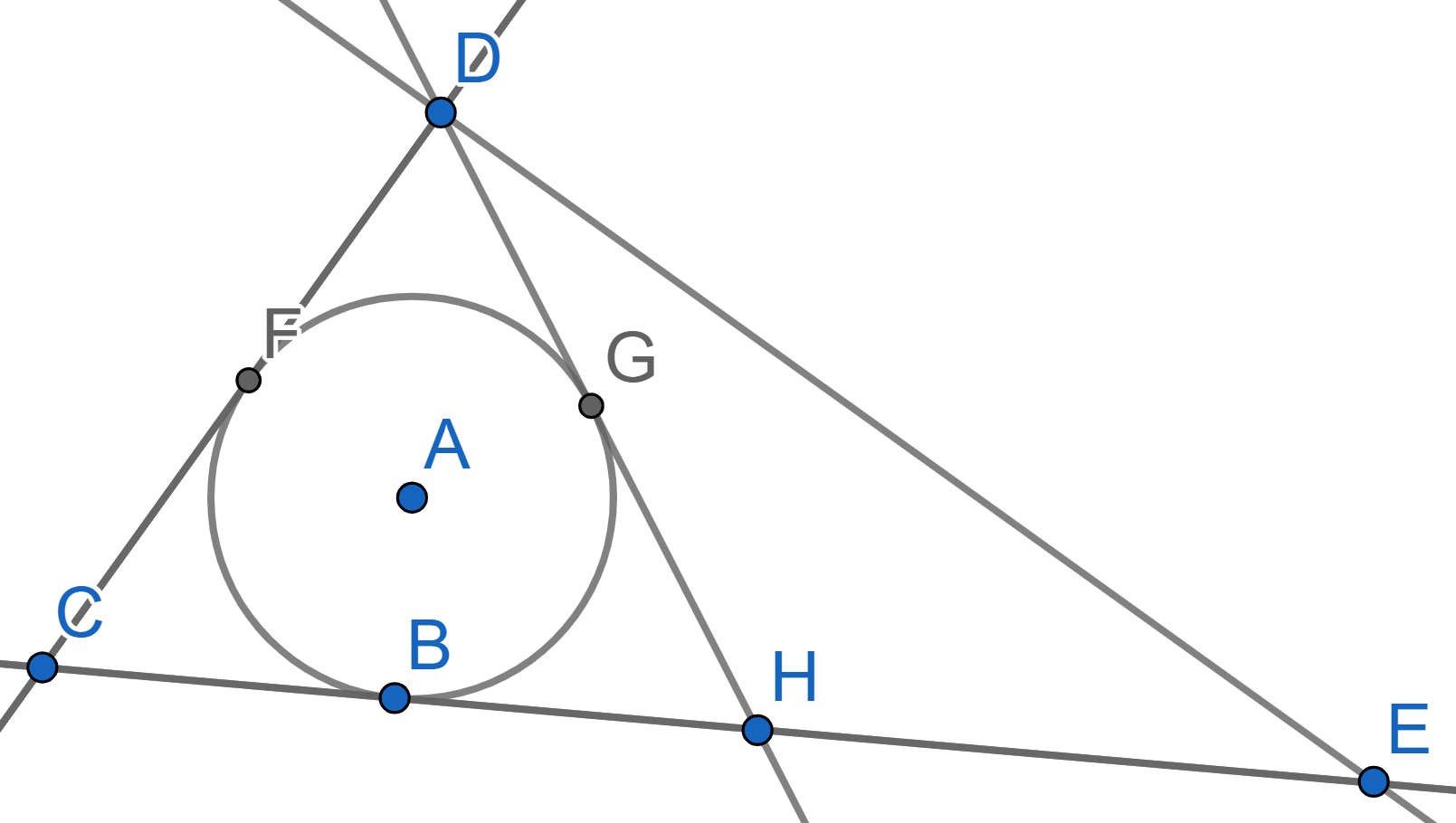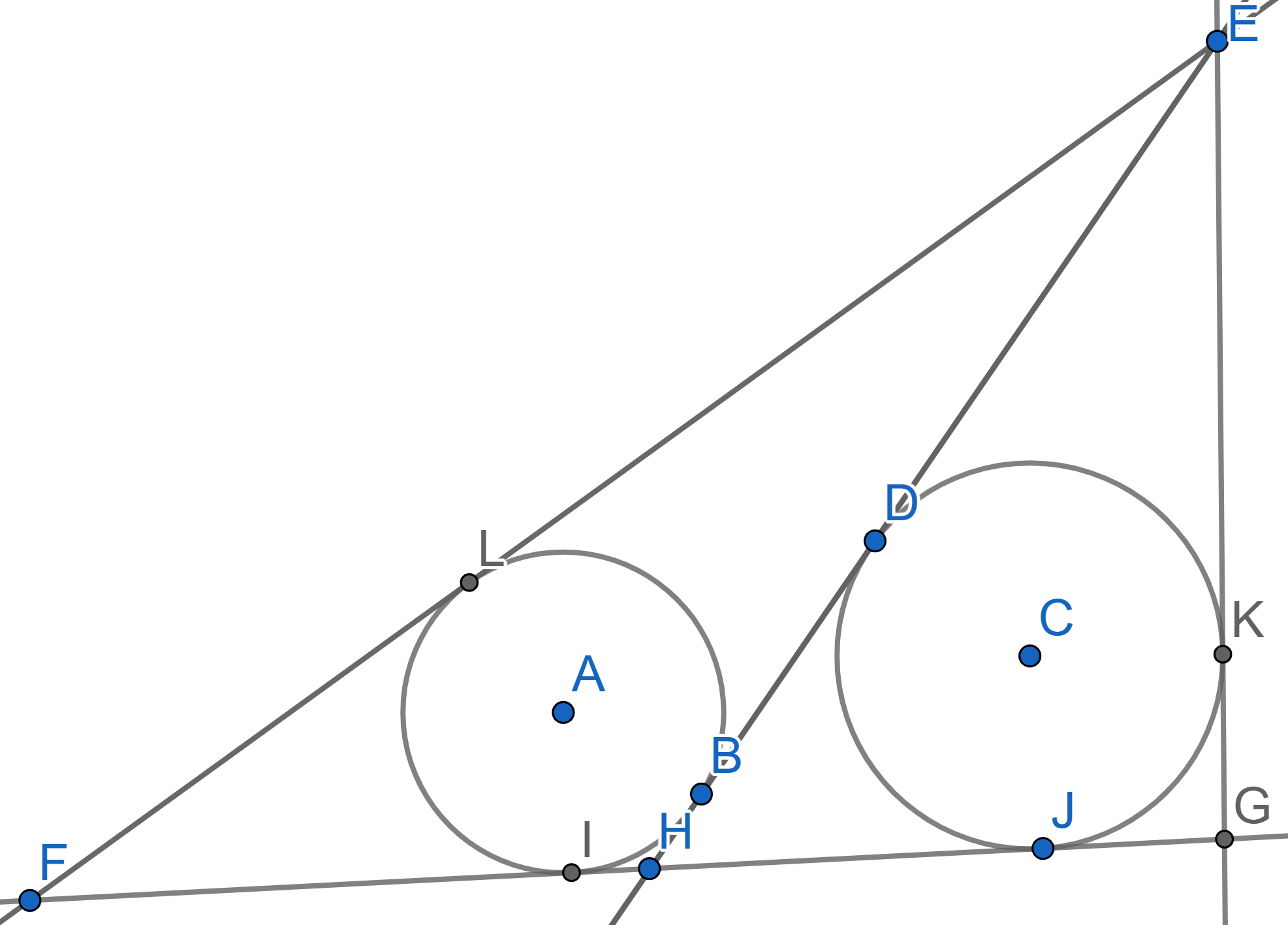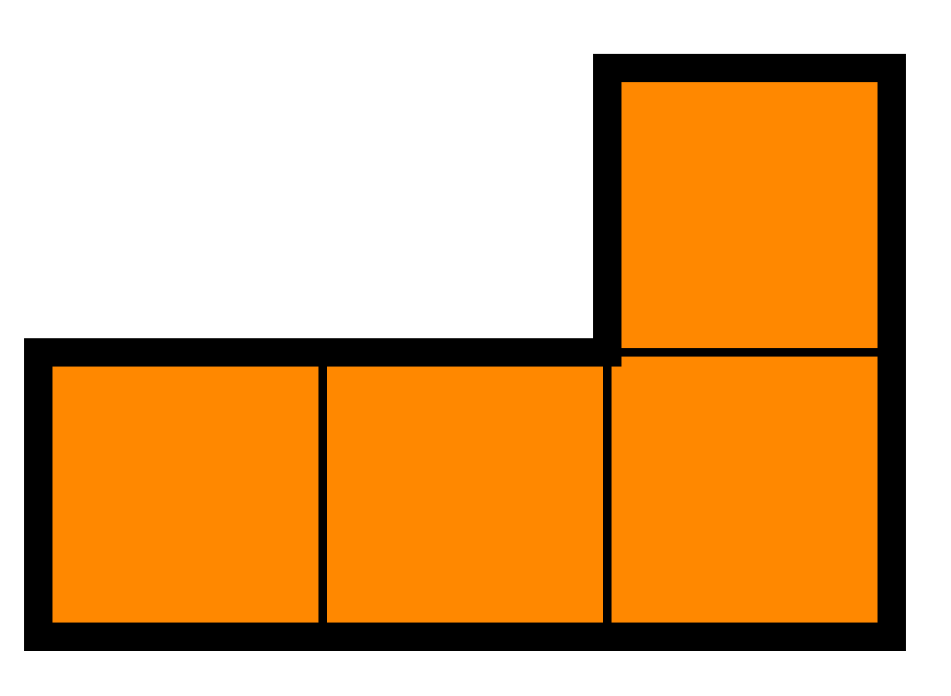Problems
Show that if \(a\) is a positive number, then \(a^3+2 \ge 2a \sqrt{a}\).
The numbers \(a\), \(b\) and \(c\) are positive. By completing the square, show that \[\frac{a^2}4 + b^2 + c^2 \ge ab-ac+2bc.\]
Let \(m\) and \(n\) be natural numbers such that \(m>n\). Show that: \[\frac1{n^2} + \frac1{(n+1)^2} + \frac1{(n+2)^2} + \dots + \frac1{m^2} > \frac1{n} - \frac1{m}.\]
The numbers \(a,b,c\) are positive. Show that: \[\frac{ab}{c} + \frac{bc}{a} + \frac{ac}{b} \ge a +b+c.\]
The number \(n\) is natural. Show that: \[\frac1{\sqrt{1}} +\frac1{\sqrt{2}}+ \frac1{\sqrt{3}} + \dots +\frac1{\sqrt{n}} < 3 \sqrt{n+1} -3.\]
If \(n\) is a positive integer, we denote by \(s(n)\) the sum of the divisors of \(n\). For example, the divisors of \(n=6\) are \(1,2,3,6\), so \(s(6)=1+2+3+6=12\). Prove that, for all \(n\geq1\), \[s(1)+s(2)+\cdots+s(n)\leq n^2.\] Denote by \(t(n)\) is instead the sum of the squares of the divisors of \(n\) (e.g., \(t(6)=1^2+2^2+3^2+6^2=50\)), can you find a similar inequality for \(t(n)\)?
There are \(16\) cities in the kingdom. We would like to build roads between these cities so that one can get from any city to any other without passing through more than one city on the way. To save cost, we would like to have no more than four roads coming out of each city. Prove that such a system of roads is unfortunately impossible to build.
Recall that a line is tangent to a circle if they have only one point
of intersection, a circle is called inscribed in a polygon if it is
tangent to every side as a segment of that polygon.
In the triangle \(CDE\) the angle \(\angle CDE = 90^{\circ}\) and the line
\(DH\) is the median. A circle with
center \(A\) is inscribed in the
triangle \(CDH\) and is tangent to the
segment \(DH\) in its middle, let’s
denote it as \(G\), so \(GH=DG\). Find the angles of the triangle
\(CDE\).

Recall that a line is tangent to a circle if they have only one point
of intersection, a circle is called inscribed in a polygon if it is
tangent to every side as a segment of that polygon.
In the triangle \(EFG\) the line \(EH\) is the median. Two circles with
centres \(A\) and \(C\) are inscribed into triangles \(EFH\) and \(EGH\) respectively, they are tangent to the
median \(EH\) at the points \(B\) and \(D\). Find the length of \(BD\) if \(EF-EG=2\).

Is it possible to cover a \(6 \times 6\) board with the \(L\)-tetraminos without overlapping? The pieces can be flipped and turned.
